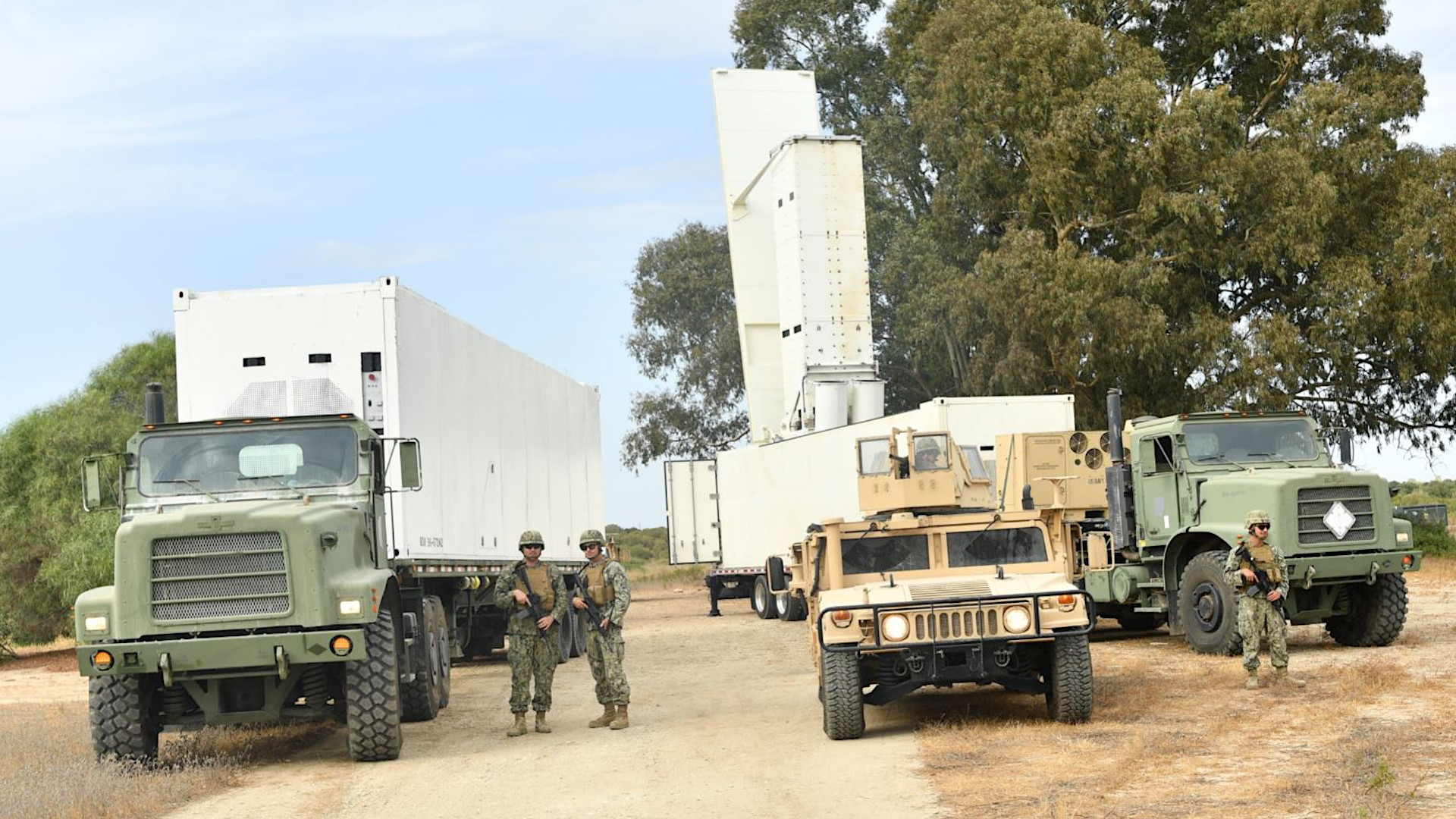Regional Stability At Risk: China's Plea Regarding Philippine Typhon Missiles

Table of Contents
The Philippines' Typhoon Missile Acquisition: A Defensive Strategy or Provocative Act?
The Philippines' justification for acquiring these missiles centers on bolstering its defensive capabilities against increasingly frequent and intense typhoons, a pressing concern given the archipelago's vulnerability. The rationale extends beyond natural disasters, however, encompassing the need for enhanced defense capabilities against potential external threats in a volatile region.
- Increased frequency and intensity of typhoons in recent years: Climate change is exacerbating the impact of typhoons, necessitating more robust and rapid disaster response mechanisms.
- Need for rapid disaster response and relief efforts: The missiles, while capable of delivering aid, also offer the capacity for rapid deployment of crucial supplies in disaster zones.
- Concerns about potential regional conflicts and the need for enhanced defense capabilities: The Philippines seeks to strengthen its security posture amidst ongoing territorial disputes in the South China Sea.
The strategic implications of this acquisition are multifaceted. Improved maritime security and disaster response are clear benefits. However, the potential overlap with military applications – the missiles' range and payload capacity – has raised concerns among neighboring countries, particularly China. This acquisition has inadvertently become entangled in the broader debate surrounding Philippines typhoon missiles and their role in South China Sea defense and regional security.
China's Concerns and Diplomatic Response: Navigating a Complex Geopolitical Landscape
China's official statements express apprehension over the potential for the Philippine missiles to be used offensively, contributing to an already tense security environment. Beijing views the acquisition as a potential escalation of military capabilities in the region, fueling its anxieties about increased military presence in the contested waters of the South China Sea. This anxiety is further compounded by existing territorial disputes and historical grievances.
- China's perspective on the potential for the missiles to be used offensively: China expresses concerns that these missiles could be used beyond disaster relief, potentially targeting Chinese assets or interests.
- China's anxieties about increased military presence in the region: The acquisition is seen as part of a broader trend of increased military activity in the South China Sea, further exacerbating existing tensions.
- China's diplomatic efforts to de-escalate the situation: While expressing concerns, China has also engaged in diplomatic efforts to address the situation, highlighting the importance of dialogue and de-escalation.
Understanding China South China Sea policy is crucial to comprehending its reaction. China's broader strategic interests in the South China Sea, including its expansive claims and economic activities, are intertwined with its relationship with the Philippines. Alternative solutions, such as joint disaster relief exercises and confidence-building measures, could be explored to address China's concerns and alleviate diplomatic tensions.
Analyzing the Impact on Regional Stability: A Multifaceted Perspective
The potential ramifications of escalating China-Philippines missile tensions are considerable. The risk of military conflict, however unlikely, cannot be discounted, particularly in the event of miscalculation or accidental escalation. This could severely disrupt regional trade routes and economic activity, impacting the livelihoods of millions across Southeast Asia.
- Potential for miscalculation and accidental escalation: The heightened military activity and rhetoric increase the risk of unintentional conflict.
- Impact on regional trade routes and economic activity: Disruptions in the South China Sea could significantly impact global trade and economic growth.
- The role of other regional powers (e.g., US, ASEAN) in mediating the dispute: The involvement of external actors, including the United States and ASEAN, is crucial in de-escalating tensions and promoting peaceful resolution.
International law and diplomatic solutions are paramount in addressing this situation. The role of international organizations, such as the ASEAN, in facilitating dialogue and conflict resolution, is essential for maintaining regional stability and preventing further escalation of South China Sea disputes. A collaborative approach, prioritizing de-escalation and communication, is vital to preventing further deterioration of the situation.
Conclusion
The acquisition of typhoon missiles by the Philippines, while intended primarily for disaster relief, has inadvertently created significant tension with China. This situation underscores the complexities of regional security in the South China Sea and the pressing need for careful diplomatic engagement to prevent escalation. The potential impact on regional stability is significant, demanding a measured response from all parties involved. The consequences of unchecked China-Philippines missile tensions are too grave to ignore.
Understanding the nuances of the China-Philippines missile tensions is crucial for navigating this complex geopolitical landscape. Further research into the implications of this situation, focusing on diplomatic solutions and conflict prevention, is needed to ensure regional stability and peaceful coexistence. Let's work towards a peaceful resolution of the China-Philippines missile tensions through open dialogue and international cooperation.

Featured Posts
-
 D Wave Quantum Qbts Understanding This Weeks Stock Price Jump
May 20, 2025
D Wave Quantum Qbts Understanding This Weeks Stock Price Jump
May 20, 2025 -
 From Novels To Screen A Look At Agatha Christies Poirot In Various Media
May 20, 2025
From Novels To Screen A Look At Agatha Christies Poirot In Various Media
May 20, 2025 -
 Analysis Tony Hinchcliffes Unsuccessful Wwe Talent Report
May 20, 2025
Analysis Tony Hinchcliffes Unsuccessful Wwe Talent Report
May 20, 2025 -
 Quick Facts About Wayne Gretzkys Legendary Career
May 20, 2025
Quick Facts About Wayne Gretzkys Legendary Career
May 20, 2025 -
 Dusan Tadic In Yeni Basarisi Dalya Ya Dogru
May 20, 2025
Dusan Tadic In Yeni Basarisi Dalya Ya Dogru
May 20, 2025
